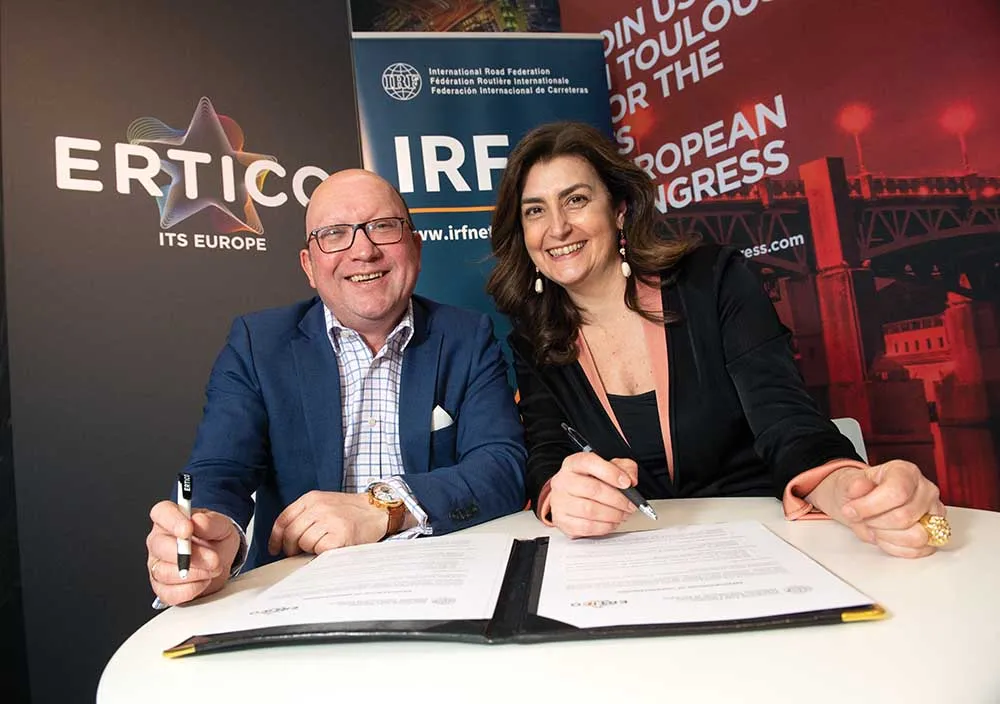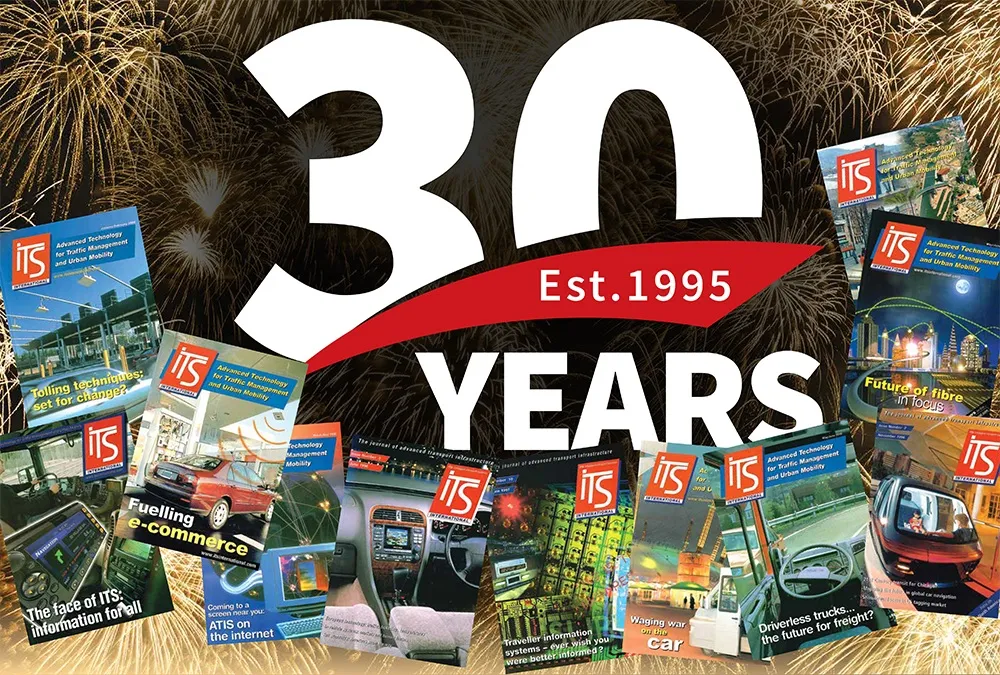A team of senior electrical and computer engineers from Rice University in Houston, Texas, has developed a new parking technology called ParkiT, with the aim of making it easier to find a parking space in a crowded car park.
The team claims the new system is cheaper than sensor technology currently being used and would provide car park managers and attendants with real time information on available parking spaces. That information could then be shared with drivers through electronic signs or a driver-fri
April 29, 2015
Read time: 3 mins
A team of senior electrical and computer engineers from Rice University in Houston, Texas, has developed a new parking technology called ParkiT, with the aim of making it easier to find a parking space in a crowded car park.
The team claims the new system is cheaper than sensor technology currently being used and would provide car park managers and attendants with real time information on available parking spaces. That information could then be shared with drivers through electronic signs or a driver-friendly app.
As electrical engineers, the team decided to take a different route from sensors and use cameras and computer vision, with cameras overlooking large parking lots with 50 to 100 or more spaces. The camera takes a picture of the lot every minute and sends the picture to a server, where it is processed with some computer vision and machine-learning algorithms.
The results are displayed on the car park operator’s user interface. Once the operator has access to the information, they can pass it along to the driver through digital signage pointing to open spaces or via a mobile app.
“Parking is something we’ve all struggled with,” said Jennifer Ding, a ParkiT team member. “We’ve all been there driving around circling and circling, and just when you think you’ve found a spot, it’s a Mini Cooper.”
“Right now there’s no cost-effective outdoor solution for detecting parking spots … and they’re not very accurate,” team member Andres Cedeno said. “This is detrimental because operators don’t really know what’s going on with their lots. They don’t know the occupancy rate when it’s filling up, and that’s really frustrating for drivers because they can’t find a spot — and operators know this.”
According to the ParkIt team, current technology uses sensor systems that cost about US$400-$800 per parking spot, and they have to be installed into the pavement. ParkiT’s system would cost lots less than US$50 per space.
The team has consulted with various Houston-area parking facilities, including the Texas Medical Center and Houston Hobby Airport.
“We’ve heard from some of the places we’ve consulted with that they could increase their sales in contract parking by 10-20 percent just by knowing when and how much they fill every day,” Cedeno said.
After graduating in May, Ding and three Rice engineering students will take the project forward and create a company to develop ParkiT further.
“The plan is to install several trials throughout Houston this summer,” Ding said. “If we can prove the value of this technology, we would hopefully spread throughout the city … and who knows, maybe beyond that to throughout the country.”
The team claims the new system is cheaper than sensor technology currently being used and would provide car park managers and attendants with real time information on available parking spaces. That information could then be shared with drivers through electronic signs or a driver-friendly app.
As electrical engineers, the team decided to take a different route from sensors and use cameras and computer vision, with cameras overlooking large parking lots with 50 to 100 or more spaces. The camera takes a picture of the lot every minute and sends the picture to a server, where it is processed with some computer vision and machine-learning algorithms.
The results are displayed on the car park operator’s user interface. Once the operator has access to the information, they can pass it along to the driver through digital signage pointing to open spaces or via a mobile app.
“Parking is something we’ve all struggled with,” said Jennifer Ding, a ParkiT team member. “We’ve all been there driving around circling and circling, and just when you think you’ve found a spot, it’s a Mini Cooper.”
“Right now there’s no cost-effective outdoor solution for detecting parking spots … and they’re not very accurate,” team member Andres Cedeno said. “This is detrimental because operators don’t really know what’s going on with their lots. They don’t know the occupancy rate when it’s filling up, and that’s really frustrating for drivers because they can’t find a spot — and operators know this.”
According to the ParkIt team, current technology uses sensor systems that cost about US$400-$800 per parking spot, and they have to be installed into the pavement. ParkiT’s system would cost lots less than US$50 per space.
The team has consulted with various Houston-area parking facilities, including the Texas Medical Center and Houston Hobby Airport.
“We’ve heard from some of the places we’ve consulted with that they could increase their sales in contract parking by 10-20 percent just by knowing when and how much they fill every day,” Cedeno said.
After graduating in May, Ding and three Rice engineering students will take the project forward and create a company to develop ParkiT further.
“The plan is to install several trials throughout Houston this summer,” Ding said. “If we can prove the value of this technology, we would hopefully spread throughout the city … and who knows, maybe beyond that to throughout the country.”








